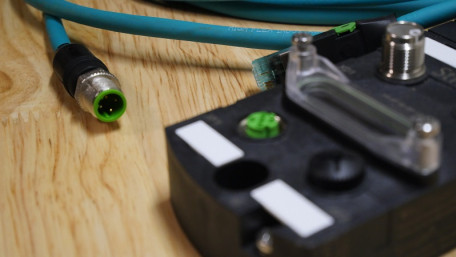
Ethernet switches can use four different types of connections: RJ45, fiber, M12, and SFP. Understanding the difference can help with network troubleshooting,…
Ethernet switches can use four different types of connections: RJ45, fiber, M12, and SFP. Understanding the difference can help with network troubleshooting, design, or alteration.
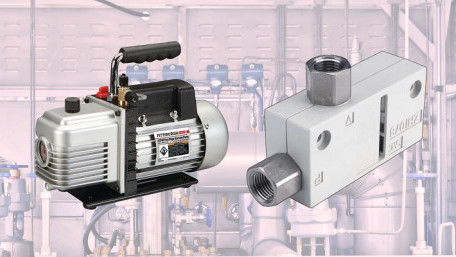
This article looks at vacuum ejectors and vacuum pumps, specifically outlining the difference between single and…
This article looks at vacuum ejectors and vacuum pumps, specifically outlining the difference between single and multi-stage versions of each type, and common applications.
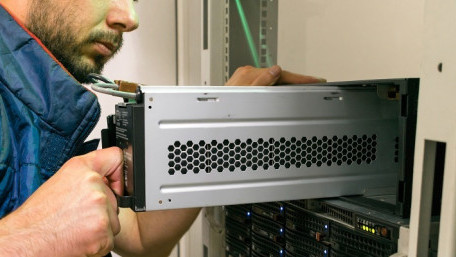
Transformerless UPS designs are taking place in various industries, particularly in aseptic manufacturing,…
Transformerless UPS designs are taking place in various industries, particularly in aseptic manufacturing, pharmaceuticals, and healthcare, where the reliability of power supply is critical.
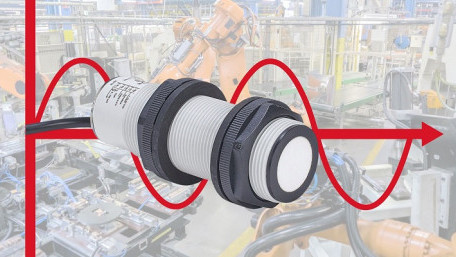
Many articles address the wiring and implementation of analog control signals, but where are they used, and what might…
Many articles address the wiring and implementation of analog control signals, but where are they used, and what might make them a better (or perhaps worse) decision than digital input/output devices?
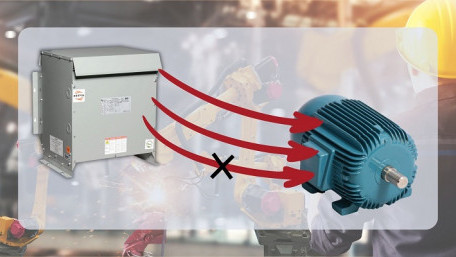
Using the right motor for the right task is critical - but what happens if the motor is connected to the wrong supply? It…
Using the right motor for the right task is critical - but what happens if the motor is connected to the wrong supply? It is never recommended, but important to quickly understand symptoms of incorrect wiring.
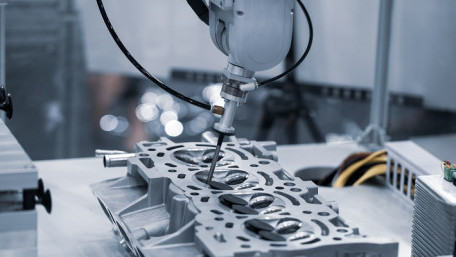
Force compensators and force compliance end effectors can expand the capabilities of traditional robotics to reach into…
Force compensators and force compliance end effectors can expand the capabilities of traditional robotics to reach into difficult processes, ranging from grinding and alignment to precision measurement.
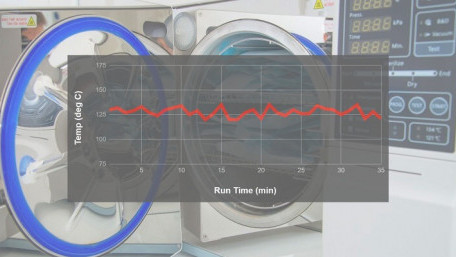
Temperature profiling is an effective tool to monitor thermal properties in process equipment. This article defines…
Temperature profiling is an effective tool to monitor thermal properties in process equipment. This article defines temperature profiling, discusses the process components, and describes the various benefits it offers.
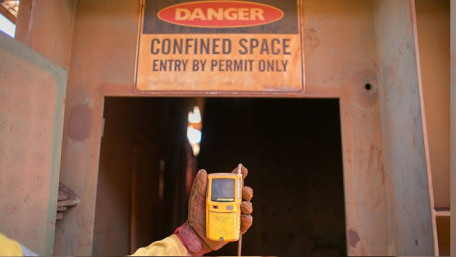
We see smoke detectors on a daily basis in every house and building we visit, but the same sensor elements, and others,…
We see smoke detectors on a daily basis in every house and building we visit, but the same sensor elements, and others, can be used to detect the presence of harmful gasses and heat in all industries.
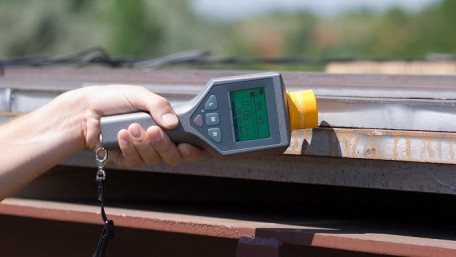
Radiation, despite its reputation in pop culture as a harmful emission resulting from a natural disaster, is a property…
Radiation, despite its reputation in pop culture as a harmful emission resulting from a natural disaster, is a property of many materials and processes and must be carefully monitored for quality and safety.
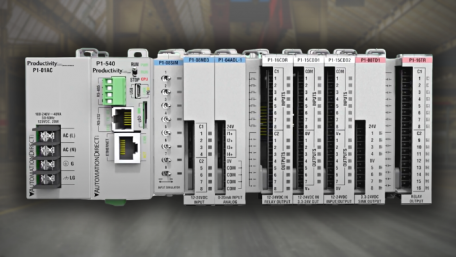
AutomationDirect’s Productivity line of PLCs is known for cost-effectiveness and ease of use. Learn how to build and…
AutomationDirect’s Productivity line of PLCs is known for cost-effectiveness and ease of use. Learn how to build and download a simple program using discrete input and output ladder commands.
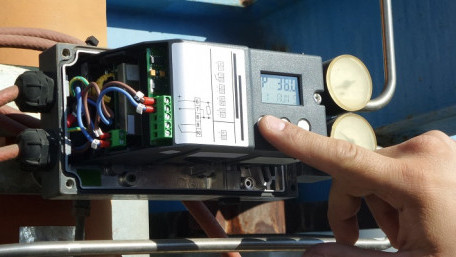
Calibration is performed on a regular basis to ensure proper measurement tool function, but how do we determine the…
Calibration is performed on a regular basis to ensure proper measurement tool function, but how do we determine the proper interval? Factors include environment, usage, and level of dependence on proper function.

There are many different kinds of electric motors used for industrial power transfer, but there are also hydraulic and…
There are many different kinds of electric motors used for industrial power transfer, but there are also hydraulic and pneumatic motors that can lend advantages in some situations.
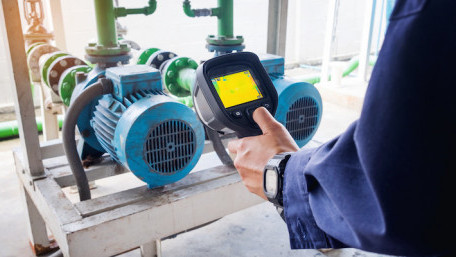
Converting thermal energy into electrical signals, temperature sensors such as RTDs and thermocouples are fundamental in…
Converting thermal energy into electrical signals, temperature sensors such as RTDs and thermocouples are fundamental in the maintenance and operation of industrial environments and equipment.
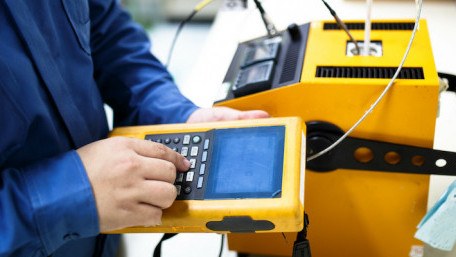
Calibration can be a time-consuming process requiring expensive traceable tools, but high-accuracy signals result in…
Calibration can be a time-consuming process requiring expensive traceable tools, but high-accuracy signals result in higher-quality products, better customer satisfaction, and, ultimately, greater returns.
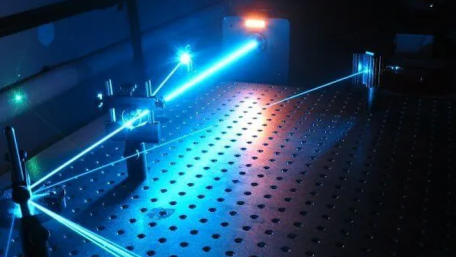
A subset of light is the focused cohesive beams that make up lasers, which can be used in optical sensing. These devices…
A subset of light is the focused cohesive beams that make up lasers, which can be used in optical sensing. These devices provide benefits of greater range, precision, and even mapping for mobile robotics.
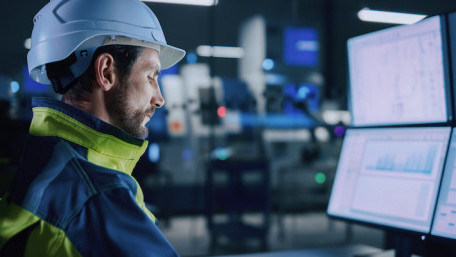
Cybersecurity is all about processes and people. A lot of threats can be mitigated through technology, but only if people…
Cybersecurity is all about processes and people. A lot of threats can be mitigated through technology, but only if people understand how cybersecurity affects control systems and related technology.
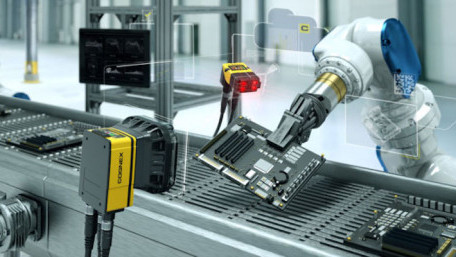
Industrial sensors can be found in nearly every modern industrial process, regardless of complexity. Learn the history,…
Industrial sensors can be found in nearly every modern industrial process, regardless of complexity. Learn the history, evolution, and variety of sensors that make manufacturing the modern marvel we see today.

Addressing cybersecurity threats introduced by IIoT technology and devices can quickly seem overwhelming. However, an…
Addressing cybersecurity threats introduced by IIoT technology and devices can quickly seem overwhelming. However, an understanding of the risks can lead to some straightforward countermeasures.
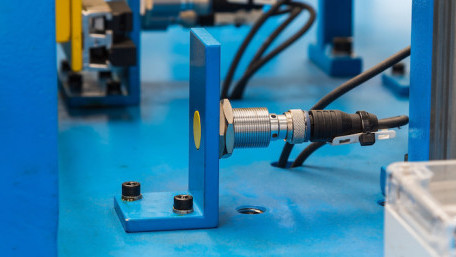
Operating voltage, linearity, dimensions, polarity protection, range… When it comes to sensors, every situation calls…
Operating voltage, linearity, dimensions, polarity protection, range… When it comes to sensors, every situation calls for understanding these specs in detail during design, purchasing, and installation.
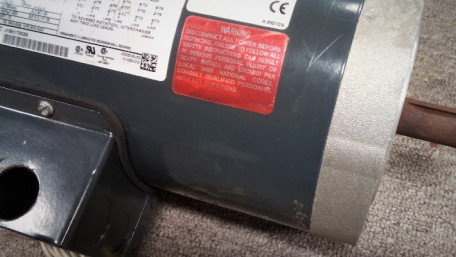
Large motors require a circuit to turn on and off. This may be as simple as a single on/off drum-type switch or as…
Large motors require a circuit to turn on and off. This may be as simple as a single on/off drum-type switch or as elaborate as a VFD unit. Learn about some common control circuit designs for typical three-phase motor requirements.
